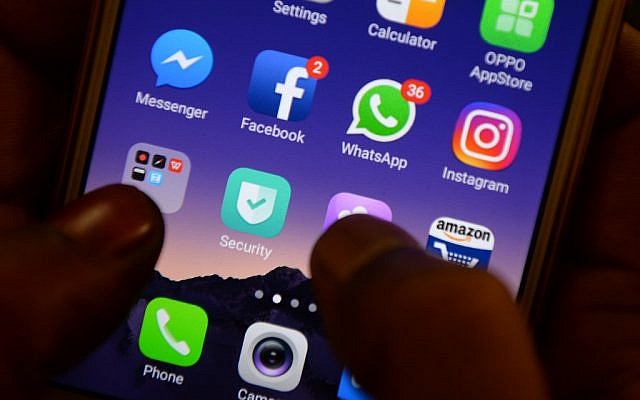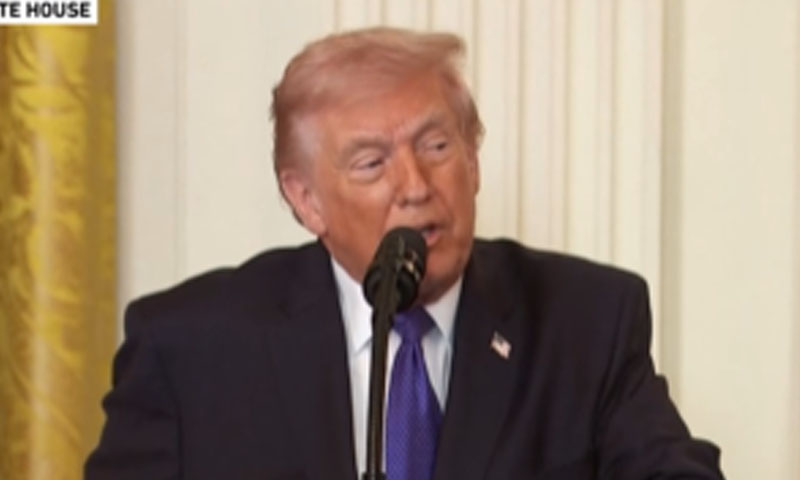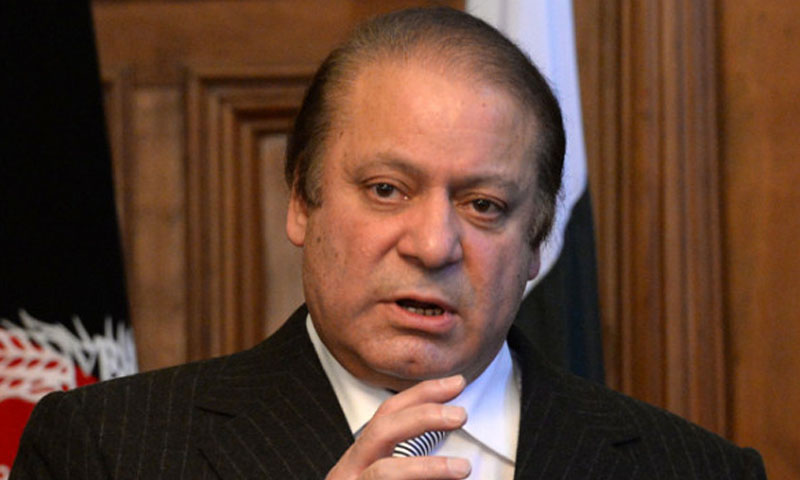- Web
- 5 Hours ago
Suspects’ mobile phone data cannot be obtained sans permission: LHC
-

- Web Desk
- Jul 27, 2023

LAHORE: The Lahore High Court (LHC) has ruled that neither the police nor any other law enforcement agency can obtain mobile phone data of suspects without their (permission) or the permission of the court.
The ruling was announced on an appeal of a suspect who was facing charges related to his suspected affiliation with the extremist outfit Al-Qaeda. The court acquitted the suspect and ordered his release, overturning the previous sentence, according to Urdu News.
Case details
The accused, Muhammad Rahmat, who hailed from district of Gujranwala, was charged by the Counter Terrorism Department (CTD) in April last year under the Anti-Terrorism Act.
He was accused of having links with Al-Qaeda and possessing a banned book titled “Martyred Osama from the Desert to the Sea,” and his association with Al-Qaeda was allegedly proven through the mobile phone data.
Last November, the anti-terrorism court sentenced Muhammad Rahmat to two years in prison and imposed a fine of Rs10,000.
After the sentence, he had appealed to the Lahore High Court.
The two-member bench of Lahore High Court comprising Justice Ali Baqar Najafi and Justice Muhammad Amjad Rafique heard the appeal.
In its written verdict, the court stated, “The book allegedly found in possession of the accused was not presented in the court as evidence by the prosecution.”
“As per the prosecution’s narrative, when the accused was arrested, he was handing over the book to another person. However, that person fled upon seeing the police, and his identity has not been ascertained to date.”
Regarding the proceedings of the case, the court wrote, “A CTD team had received information from an informant on WhatsApp, and after traveling 80 kilometers, the police found the same person who was about to receive the book.”
“The prosecution’s story has many loopholes, and according to the law, this creates suspicion that benefits the accused. The prosecution has failed to provide evidence supporting the allegations.”
Poor investigation
The 20-page written verdict of the Lahore High Court pointed out the deficiencies in the trial, stating that the prosecution did not present the seized book as evidence in the court.
The court wrote, “The information retrieved from the accused’s mobile phone, such as pictures and videos, was obtained with a USB connection.”
“However, this evidence cannot be accepted as testimony. The mention of this evidence is not in the statement of the accused recorded during trial, nor was it played in the video trial court.”
Mobile data cannot be obtained without permission
The written judgment raised concerns about the method of trial and stated, “We are also concerned about how personal data can be taken from anyone’s mobile phone, even if it belongs to the accused, without their consent.”
“This is not an appropriate practice until the person’s permission is included. It violates the privacy rights given in the Constitution.”
The court said, “In this case, if the accused was not willing to hand over his phone, then the police should have approached the court to seize his phone for data extraction.”
The court wrote, “Obtaining data without permission from the accused’s personal mobile phone is against Article 13 of the Constitution.”
In its written decision, the court further stated, “Retrieving information from a suspect’s personal mobile phone without consent is a serious matter. Nowadays, people have all kinds of personal information on their mobile phones.”
Read more: PAC orders probe into NADRA data leak
“People willingly share their belongings publicly and privately. Every human relationship within four walls is protected. That is why the Constitution has guaranteed its protection.”
The court added, “People nowadays obtain all kinds of information from Facebook, Twitter, YouTube, etc. Information that someone wants to keep hidden on their mobile phone cannot be obtained without permission or through legal procedures.”
The court order stated, “The mobile phone is also like the walls of one’s house, and its sanctity is similar to that of Article 14 of the Constitution.”
“However, if someone possesses information that is a crime under the country’s law, then the appropriate procedure in the law should be followed to obtain such information.”
The court emphasized that “Pakistan is bound by various regional and international treaties on privacy rights.”
“In conclusion, the court rejected the prosecution’s story and acquitted Muhammad Rahmat, benefiting the doubt and ordered their release.”
Privacy law in Pakistan
Interestingly, on the same day, July 26, when the Lahore High Court announced its ruling on the privacy rights of suspects, the country’s cabinet approved a new law on the protection of citizens’ mobile data, under which no company or individual can provide data to others for commercial use without permission.
Legal expert calls ruling significant milestone
Prominent lawyer on military cases, Mian Dawood, spoke to Urdu News and said, “This is a historic judgment. No detailed ruling on privacy has ever been issued before.”
“It also considers the rights of the accused. It is a significant milestone for the privacy of ordinary citizens as well. However, it does not mean that people can keep illegal materials in their possession.”
He emphasized that the court has only outlined the procedure that if someone has information that is against the law, then such information can only be accessed through the proper legal procedures and not through coercion.




